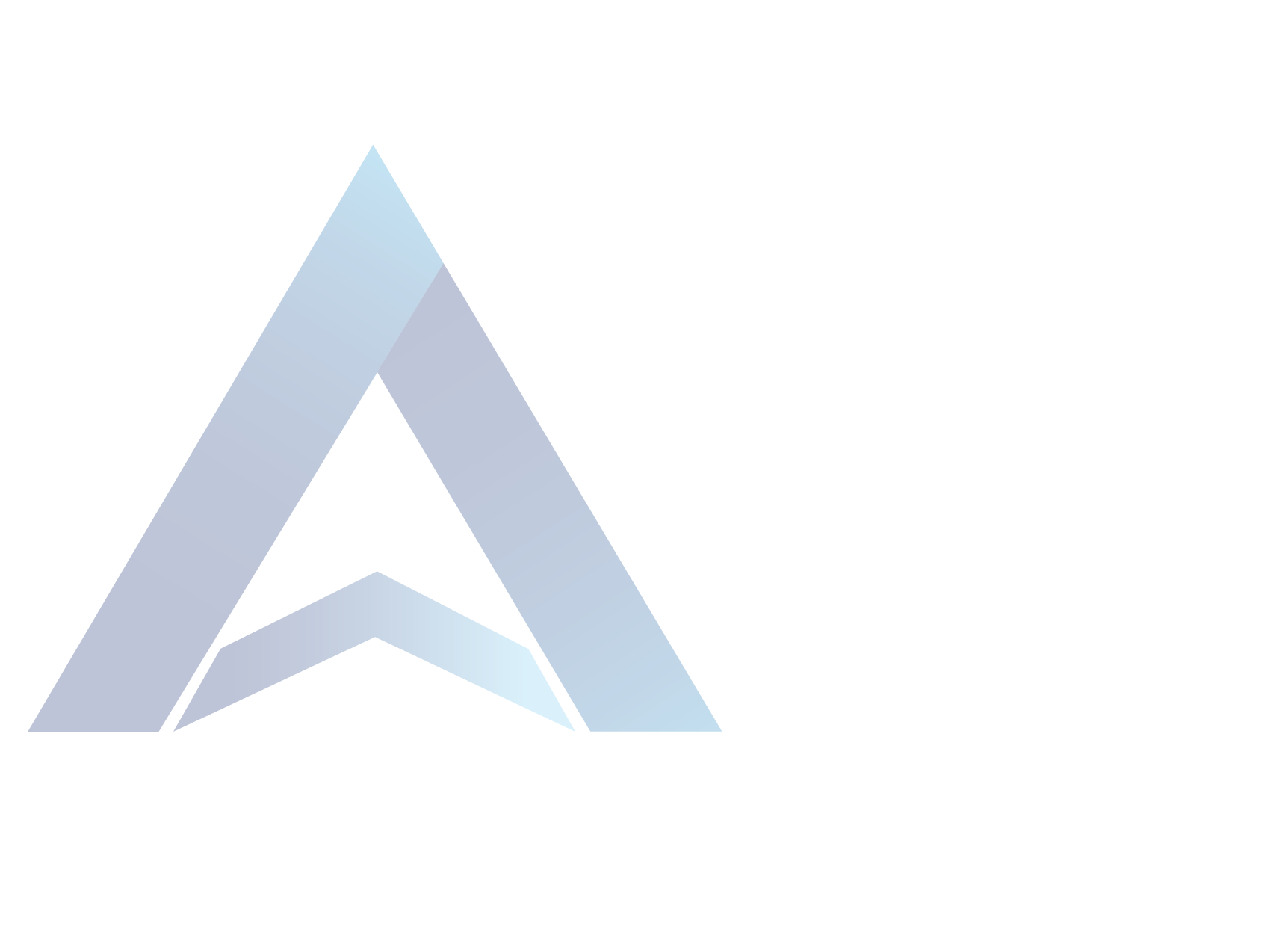
Merchant Cash Advance Loans in usa
A Merchant Cash Advance Loan in USA, or MCA (alternatively referred to as a Future Receivables Purchase and Sale Agreement), is a loan made to a business in exchange for a fixed percentage of future credit card sales at a discount. The business must repay the advance until a greater amount (purchased amount) is paid in full than the specified amount (purchase price). This process is unique in that it allows for flexible payments (a percentage of credit card or overall sales) that fluctuate in the future in accordance with sales revenue. The "factor rate" is the difference between the large upfront payment and the specified amount (purchase price) or payback amount.
Merchant Cash Advance Loan in USA are not calculated on the basis of principal and interest rates; rather, they are calculated on the basis of a flat discount or factor cost. Unless expressly stated in your merchant cash advance loan agreement, there is no early payment discount for repaying the advance in full early (check your repayment terms in your agreement).
An MCA is not a loan secured by daily credit card sales or overall sales, as it is not a short-term loan,but rather a discount on future sales and/or credit card transactions. It is correct that merchant cash advances do not come with a personal guarantee for the business owner, but rather a guarantee of the business owner's performance. This product is a short-term funding solution for businesses that require money quickly to maintain cash flow.
How Is A Merchant Cash Advance Loan in USA Used In Conjunction With Credit Card Sales?
Merchant cash advance Loan in USA companies make a cash payout to small businesses upfront in exchange for the business owner selling future transactions at a discount and agreeing to repay a higher amount, called the specified amount. Repayment payment options for business is based on a fixed percentage of future credit card sales collected directly from the small business merchant processor or a "lockbox" connected to the merchant processing each time the small business "batches out" credit card transactions until the payback (specified amount) obligation is met.
The estimated repayment period is typically between six and eighteen months, depending on the risk of the file, but could be longer due to the repayment being contingent and coming directly from the business bank account.
Features and Benefits
One of the standout features of Merchant Cash Advance Loan in USA is the simplicity and speed of the application and approval process. Unlike traditional loans, the qualification requirements for MCAs are more flexible, allowing businesses with lower credit scores or short operating histories to access funding. This accessibility makes MCAs an attractive choice for many small businesses, particularly those unable to secure financing through conventional means.
Benefits of Merchant Cash Advance Loan in USA
Quick Access to Funds : Traditional loans can leave you waiting weeks, sometimes even months, for approval and funding. Merchant cash advances truly shine when you need cash yesterday. Their streamlined application process and emphasis on future sales potential often mean a decision within days, and funds deposited in your account incredibly quickly. This lets you seize those can't-miss opportunities or address urgent needs without delay.
Approval Based on Future Sales : MCA loans offer a lifeline for businesses that might struggle to get a traditional loan. Instead of fixating solely on past credit scores or lengthy financial histories, MCA providers prioritize your track record of card sales. This means even businesses with less-than-perfect credit or shorter operating histories can access the capital they need, as long as they demonstrate a consistent ability to generate revenue.
Usage Flexibility : With a merchant cash advance, you aren't locked into using the funds for one narrowly defined purpose. Whether it's bulking up inventory to meet a surge in demand, launching that targeted marketing campaign, or hiring those extra hands during peak periods – the choice is yours. This adaptability lets you strategically deploy the capital to maximize its impact on your bottom line.


Factors of Merchant Cash Advance Loans in the USA

What is the security of Merchant Cash Advance Loan?
Merchant cash advance loans are typically unsecured, meaning you don't need to provide collateral such as property or equipment to secure the funding. Instead, these loans are based on your business's future credit card sales. The lender assesses your business's credit card processing history and determines the advance amount based on the projected future sales volume.
The lack of collateral requirements makes merchant cash advance loans accessible to small businesses that may not have substantial assets to pledge. However, it's essential to understand that while MCAs offer convenience and flexibility, they often come with higher fees and interest rates compared to traditional loans. Additionally, the repayment structure, which involves deducting a percentage of daily credit card sales, can impact cash flow, especially during periods of slow sales.
Before opting for a merchant cash advance, carefully evaluate the terms and consider whether it's the most cost-effective financing option for your business's needs.

How to Apply for a Merchant Cash Advance Loan
Application Submission : Your MCA journey starts by finding a reputable lender specializing in this type of financing. Compare factors like their rates, terms, and reputation before applying. Most applications are done online and will ask for the basics about your business, how much funding you need, and what you'll use it for.
Documentation : The heart of your application lies in your credit and debit card processing statements. Lenders will dive into these to assess your sales volume and whether you have a consistent enough revenue stream to manage the MCA repayments. Additionally, they may ask for bank statements and sometimes even tax returns to get a more complete financial picture of your business.
Evaluation / Approval : MCA providers look closely at your sales history. They want to see steady revenue that gives them confidence you can repay the advance. Your credit score will likely be checked too, but it's less crucial than with traditional loans. The beauty of MCAs is that decisions are often made very quickly compared to other types of business financing.
Fund Disbursement : If your application is approved, you can expect the money in your business bank account fast. Be sure to read and fully understand the terms of the MCA. Know your repayment schedule, how the factor rate translates into the total amount you'll owe, and if there are any additional fees.
Limitations of Borrowing Cash through Merchant Cash Loan
Higher Costs : Merchant cash advances often come with higher factor rates (and sometimes hidden fees) when compared to traditional loans. The focus on speed and convenience has a price tag. Make sure to calculate the total cost of the MCA, not just the initial advance amount, so you have a true picture of what you'll ultimately repay.
Daily Repayment Deductions : The repayment structure of MCAs – a percentage of your daily (or sometimes weekly) credit/debit card sales – can put a strain on cash flow. It's vital to make realistic projections about your future income, especially during slower sales periods. If you can't comfortably manage those deductions, an MCA may not be the right fit.
Potential for Debt Cycle : If your business hits an extended slow patch, the daily deductions combined with the high cost of the MCA could create a difficult situation. Missing payments can lead to even higher fees. It's essential to honestly assess if a revenue downturn would create an unmanageable financial risk.
Limited to Card Sales : MCAs are designed for businesses that process a significant amount of revenue through credit and debit cards. If your sales are primarily cash-based, this likely isn't the best financing solution for you.
Impact on Credit Card Processing : Some MCA providers may insist that you switch your credit card processor as a condition of the loan. This can disrupt your business, and might mean accepting less-than-ideal processing rates, negating some of the benefits the MCA cash influx brings.
Alternatives of Merchant Cash Advance Loan
Traditional term loans : These loans, provided by banks and credit unions, offer a structured repayment plan with fixed interest rates and monthly payments. While the application process might be longer, the total cost of borrowing is often lower than with an MCA. This makes them a good choice for businesses with strong credit and predictable revenue streams.
SBA loans : Backed by the Small Business Administration, these loans offer competitive rates and terms for qualifying businesses. There are various SBA programs, from general-purpose loans to those geared towards specific needs. The application process is more involved than with an MCA, but the potential for lower costs and better terms makes them worth exploring.
Equipment financing : If your business needs specific equipment, this type of financing lets you use the equipment itself as collateral. This often means easier qualification and lower interest rates. It's a great option when the purchase of a particular piece of machinery or technology is a primary growth driver.
Business lines of credit : Much like a credit card for your business, this option offers flexibility. You can access cash up to a certain limit and pay interest only on what you use. This makes lines of credit well-suited to managing fluctuations in cash flow or for those "just in case" expenses that might arise.
Invoice financing : Also known as factoring, this involves essentially selling your outstanding invoices for immediate cash. It bridges the gap between sending an invoice and waiting for customer payment This makes it ideal for businesses with long invoicing cycles and a need for immediate working capital.

FAQ'S
For more information or specific inquiries, please feel free to contact us at info@arcariusfunding.com.
Small Businesses Financing
Hassle Free
- Direct lender
- Same day funding
- Lowest rates in the industry
- Flexible terms

